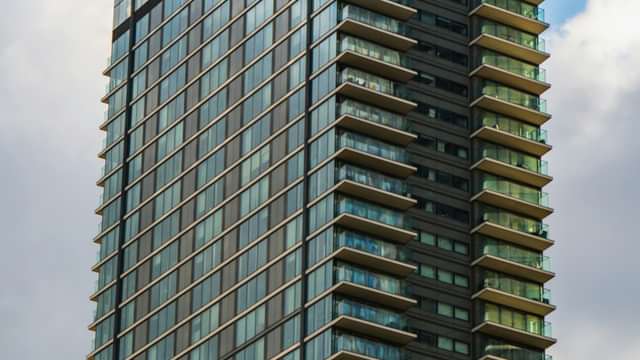A good HoTs will answer all key questions which may arise on the grant of a lease, so that negotiation on commercial issues isn’t required further down the line, saving both time and money in the long run. It is crucial for prospective tenants to think long and hard before entering into negotiations on lease terms. Some important questions include:
- Term: How long will the property continue to meet the business needs of the tenant? A small, fast growing company may outgrow a property in its first few years. It is important that the term of the lease is right and provides a sufficient break clause for the tenant, while maintaining the right balance against the costs of relocation and commercial upheaval.
- Security of tenure: Will the lease be outside the security of tenure provisions in the Landlord and Tenant Act 1954 (commonly referred to as the 1954 Act)? Tenants should ensure they understand the significance of these provisions. A tenant which is granted a lease within the 1954 Act will have an automatic right to renew the lease, on the same or similar terms, on the expiry of their lease and there are few grounds under which the landlord would be able to recover possession. A tenant which is granted a lease outside the 1954 Act, however, will have no right to renew and must vacate the property at the end of the agreed term unless new terms are negotiated and agreed with the landlord. Premises protected by the 1954 Act tend to command a slightly higher rent.
- Landlord’s consent: If the landlord granting the lease holds the property as a tenant themselves, is the head landlord’s consent required? Obtaining such consent brings with it the associated costs of the head landlord’s legal/surveyor’s fees, which are often paid by the incoming tenant. Furthermore, if the tenant wants to make alterations to the property, the head landlord’s consent will be required, again, with the related costs.
- Demise: Will this be a lease of whole or part of the building? This has an impact on the tenant’s repair obligations and service charge contributions. A lease of part is usually only an internal demise where the tenant will not be responsible for the repair of the structure (although they will contribute to this through the service charge). Taking a lease of whole, however, leaves the tenant potentially liable for the direct cost of repairs to the structure.
- Rent: What does the rent include and how is it calculated? Will there be a rent free period? How and when will the rent be reviewed? How will any disputes be resolved?
- Break clause: If there is one, will it be mutual or landlord/tenant only? Will it be rolling or fixed? Are there conditions attached? A tenant should push for the break to be unconditional; however, landlords will want provisions requiring the property to be returned in good condition and with vacant possession. This vacant possession requirement can be dangerous as leaving items such as furniture behind, for example, can mean that vacant possession has not been given.
A tenant is often fighting an uphill battle during negotiations unless they have such significant goodwill and financial strength to be a desirable tenant for the landlord or, indeed, in a falling market where there are fewer tenants for a landlord to choose from. HoTs are an important document and tenants should have a clear idea of what they are and are not willing to agree before entering into negotiations.




















































































